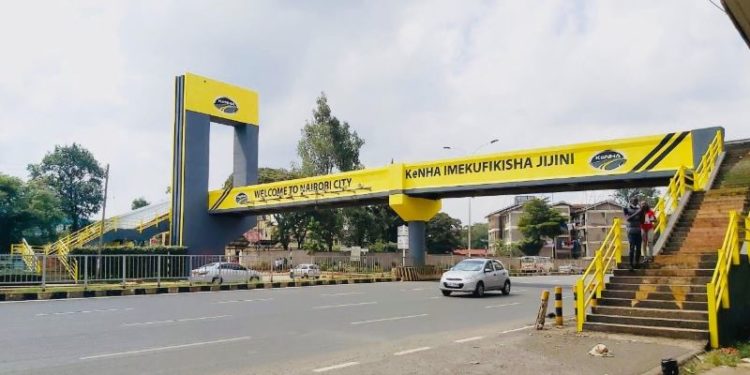The Kenya National Highways Authority (KeNHA) came under scrutiny on Wednesday as Members of Parliament questioned the agency’s financial management during a review of its 2020/2021 and 2021/2022 audited accounts.
Appearing before the National Assembly’s Public Investments Committee on Commercial Affairs and Energy, KeNHA Director-General Eng. Kungu Ndungu responded to concerns about unused funds and delays in project payments, among other issues.
MPs questioned why KES 128 million remained in dormant accounts despite the completion of the associated projects. Eng. Ndungu stated that six dormant accounts had been closed and clarified that the remaining account is tied to an active project. “The six dormant accounts have been closed; we only maintain one that remains active due to ongoing work,” he explained, addressing concerns about potential risks for misappropriation.
Committee Chairperson David Pkosing (Pokot South) urged further clarification on outstanding payments and project delays, noting that some contractors have gone unpaid for over three years. “We need Treasury CS John Mbadi and Transport CS Davis Chirchir to address these delays and support KeNHA in resolving outstanding bills,” he stated, adding that both CSs are expected to appear before the committee on October 29.
He emphasized that these financial issues are not solely the responsibility of KeNHA. “This is not the fault of the Director-General or his team but rather a political issue,” Pkosing remarked.
The committee also highlighted uneven resource allocation, delays by contractors, and numerous pending bills as critical challenges facing KeNHA. Pkosing insisted that these issues hinder infrastructure development, raising concerns about the agency’s budgetary priorities.
Another contentious point in the audit was the KES 11 million spent by KeNHA on overseas training, despite the government’s austerity measures. When questioned, Eng. Ndungu presented documentation showing the travel approvals issued by the State Department for Infrastructure. He indicated that these trainings were necessary for specialized skills essential to KeNHA’s operations.
















